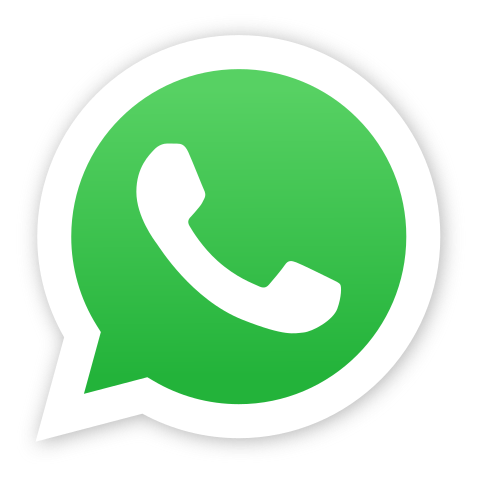
Messaging app WhatsApp will cease to work on older smartphones in 2017 unless they are upgraded, according to some media reports.
In a blog post, WhatsApp said it is carrying out a technology upgrade and will phase out compatibility with older phones. As a result, all iPhone 4, 4S, or 5 that are not updated to latest version of OS, that is iOS 10, would not support WhatsApp. Other mobile platforms that will not support WhatsApp in coming days include Android 2.1, Android 2.2, Windows Phone 7 and iPhone 3GS or iOS 6.
“While these mobile devices have been an important part of our story, they do not offer the kind of capabilities we need to expand our app’s features in the future,” said a spokesperson of WhatsApp in a blogpost.
“As we look ahead to our next seven years, we want to focus our efforts on the mobile platforms the vast majority of people use.”
WhatsApp will however support BlackBerry OS, BlackBerry 10, Nokia Symbian S60, and Nokia S40 until June 30, 2017.
WhatsApp Messenger is a free, social media app for smartphones, which allows users to send text messages, make voice and video calls, and send images, videos, documents, PDF files, audio files, etc., with other users. WhatsApp Inc., is based in Mountain View, California, and was acquired by Facebook in February 2014.
WhatsApp had a user base of over one billion by Feb 2016, and was the most popular messaging app at the time. WhatsApp, was incorporated in 2009 by Jan Koum – a former employee of Yahoo! He named “WhatsApp” to sound like “what’s up”. WhatsApp 2.0 was rolled out with a messaging component in mid-June 2009. Brian Acton officially joined WhatsApp Inc., in November 2009. After months of testing the beta version, the app was eventually launched in November 2009 on the App Store for the iPhone. In December 2009, developers added the ability to send photos to WhatsApp for the iPhone. By early 2011, WhatsApp had become one of the top 20 apps in Apple’s U.S. App Store. In next two years, WhatsApp had about 200 million active users and was valued at $1.5 billion.
In December 2013, WhatsApp revealed that its active monthly users had grown to 400 million. The number further increased to 500 million monthly active users by April, 2014, which were sending 10 billion messages, 700 million photos and 100 million videos daily.
In February, 2014, Facebook announced that was acquiring WhatsApp for US$19 billion. Facebook paid $4 billion in cash and $12 billion in Facebook shares. About $3 billion in restricted stock units were granted to WhatsApp’s founders Koum and Acton. Zuckerberg also revealed later that this acquisition was closely related to the Facebook’s vision of Internet.org.
By August 2014, WhatsApp had become the most popular messaging app globally, with more than 600 million active users. By September 2015, the user base of WhatsApp had grown to 900 million, and by February 2016 it had grown to one billion.
In November, 2016, WhatsApp started rolling out two-step verification feature for Android beta users to add more security to user accounts. The feature would allow users to add their email address for further protection.